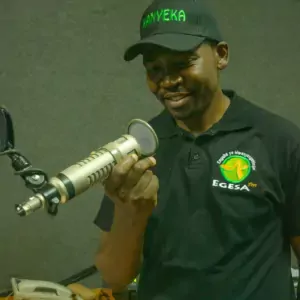
By Arnold Ageta
Radio is a powerful medium for celebrating humanity in all its diversity and constitutes a platform for democratic discourse, remaining the most widely consumed medium.
This unique ability to reach out to the widest audience means radio can shape a society’s experience of diversity, standing as an arena for all voices to speak out, be represented, and heard.
Radio serves diverse communities, offering a wide variety of programs, viewpoints, and content, reflecting the diversity of audiences in their organizations and operations.
Radio continues to be one of the most trusted and used media in the world, according to different international reports.
The ‘State of the Media’ for 2022 report on shows that Kenyans spend more time listening to the radio than watching TV.
According to the report, Kenyans watch TV for only two hours, which is, according to Gadgets Africa, is below the global average of 3 hours.
On top of that, the Kenyans who watch TV only watch it for news and 30 per cent of the people in the country rely on international content. This means that local TV content doesn’t get much traction in the country.
Radio seems to be the source of information most people in the country rely on. More than 74 per cent of people in the country listen to radio more than they consume any other form of media.
February 13 became World Radio Day (WRD), adopted by UNESCO and celebrated globally annually. World Radio Day is an opportunity to celebrate radio as a medium.
It is a chance to promote international cooperation between radio broadcasters, to encourage major networks and local radio stations to foster access to information and freedom of expression.
World Radio Day has several objectives, namely: to raise awareness among the general public and the media about the value of public service audio; to encourage decision-makers to promote free, independent, pluralistic radio; and to strengthen networking and international cooperation between broadcasters.
Radio is a low-cost means of communication, not only especially suited to hard-to-reach communities and groups in society but also tremendously endearing to listeners worldwide for in-car listening, real-time weather or sports updates, companionship deep into the night, and much more. Radio gives everyone, no matter their level of education, a chance to join in.
Furthermore, radio is essential in emergency situations for access to trusted information, even today since disasters may disrupt infrastructure or electricity and thereby halt other communication systems, such as internet provision.
Radio services have evolved and are presently metamorphosing using digital technologies, for example, they become Visual Radio or multi-platform, offering their shows as podcasts or creating audio series, giving listeners increased freedom in the choice of time and device to listen from.
As we celebrate this year’s World Radio Day, we sought to know the inspiration behind radio journalists in Kenya. All radio journalists interviewed stated that the idea of becoming a radio journalist came to their minds when they were in lower primary schools.
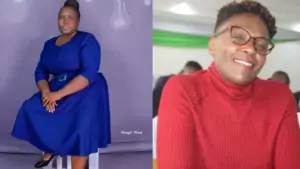
Hyline Ocharo, who works as an Egesa FM radio reporter in Kisii County, joined Kenya College of Commerce and Hospitality in 2005, where she pursued a diploma course in journalism and media studies.
She says: “From my younger age, I always longed to be on the radio, which is why I specialized given its large audience and wider coverage compared to television.
On his side, Erastus Sorobi, trained in film directing, volunteered in radio dramas before joining Kenya Institute of Mass Communication (KIMC) in 2002.
“I was selected to study mass communication but opted for Film Directing. I kept radio as an inborn talent,” he said.
Janet Nyamwamu, a corporate communication officer in one of the leading hospitals in Bomet County, says her dream was to use words to create mental pictures and to be listened to.
That is why she joined the Kenya Institute of Mass Communication.
“I studied mass communication but specialized in radio production. It is fascinating how you can use words to create pictures in the minds of your listeners,” she says.
Most journalists struggle to get jobs in the industry flooded with comedians and personalities. Jeremick Ochando, who works with Adventist Word Radio, Nairobi, says he struggled for five years before landing a job, while John Kebati, who currently runs his own online radio station, took five years before getting his first radio job. Janet Nyamwamu spent ten years looking for a job.
She says: “The challenge of not knowing anybody in the industry hit me the most.”
For Hyline Ocharo, her struggle was only two years but still faced a similar challenge like Janet.
“The main challenge was the two years’ experience that most employers ask for when seeking new recruits and is one of the barriers for many job seekers,” she recalls.
Erastus Sorobi, who joined Egesa FM in 2006, cites speaking in vernacular as his biggest challenge then. “I had to read the Ekegusii bible more often because the language was pure and original.
I could also consult people like Manifestus Nyakundi for some translations. Janet Nyamwamu, who was hired by KBC Swahili service in 1999 as an artist, was being paid her salary through vouchers.
“I was producing two programs: Wasemavyo Wazalendo and Afya Bora. I was not a permanent employee, forcing me to leave KBC when the period for the two programs lapsed,” she told Tidal Wave News.
Jeremick Ochando had some rough times before he secured a job at Adventist World Radio (AWR), Nairobi before securing a job.
“I was an intern with college school fees challenges, lack of bus fare, and too much work. My determination and love for radio kept me going until I completed my studies and secured a job,” he said.
Hyline Ocharo kicked off her radio career with Radio Kisma. Unlike Ochando and Nyamwamu, her journey started with ease.
“I was offered a chance to sharpen my skills, and sooner I managed to gather courage very fast and resonated well with my audience,” she said. “Indeed, it was my dream come true, and despite the meager remuneration, my dream of being a radio presenter was finally realized.”
It was a rough journey for John Kebati, who was first employed by Ghetto Radio as a news reporter.
“When my editor was fired on unclear grounds, my colleagues started undermining my work. My news reports were trashed each time I filed, and I felt sabotaged,” he recalls. “I was forced to leave the media house for another organization where I worked as a volunteer.”
Kebati says his love for radio was inspired by his grandmother who used to listen to news on the radio.
“I loved the way they paid attention to the radio during the news. I swore that one day they will pay attention to my newscast,” he confirmed.
These journalists say they were inspired by KBC personalities, including the late Billy Omalla, Elina Shiveka, Mambo Mbotela, and Khamisi Thermor.
Most of these journalists have diverse backgrounds but later settled on radio. Erastutus Sorobi, who currently teaches film, had previously worked with Nation TV before joining Egesa Fm.
Jeremick Ochando says: “I realized I have a good radio voice when I used to record voice-overs for radio announcements.”
He adds that he worked in TV for three years before returning to radio where he currently works.
“I love radio because I impact people directly. When I speak on radio, I feel, see, and get results instantly,” says Sorobi.
Sorobi says radio is the best tool and plays a vital role in society. “Besides boosting societal development, radio plays a key role in entertaining, informing, educating, inspiring, and being the voice of the voiceless in society,” he affirms.
Modern radio journalists face numerous challenges in the industry, but the most prominent one that all cited was poor pay.
Most media houses pay radio journalists poorly because they can easily use DJs and comedians as alternatives whom they pay lowly.
“Most radio journalists lack enough time to carry out research because radio is not all about talking but about the value and passion in the message and style of delivery,” says Sorobi.
Ochando, on his part, blames political interference and commercial aspects as the main challenges. “Politicians, advertisers, and social media upsurge have influenced editorial policies, making it tough for radio journalists to keep up the pace,” he says. “The traditional way of listening to radio has changed completely.”
As the world marks World Radio Day for 2024, Hyline Ocharo says despite the wave that has come with social media and the use of the internet, radio still reigns.
“I celebrate the evolution radio has undergone since its inception,” she adds.
Janet Nyamwamu, on her side, opines that radio should uphold high standards of professionalism to step up to its mandate of informing, educating, and entertaining its target audience.
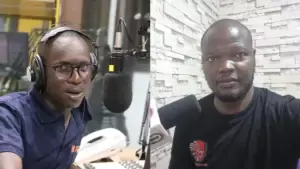
John Kebati says media owners do not value their employees who work very hard in difficult environments to file stories.
He says: “Media house owners must treat journalists well and appreciate their efforts.”
Supporting Kebati’s sentiments, Jeremick Ochando says as much as a good communication tool, the poor payment issue should be addressed.
“Radio is a good tool for reaching out to more people, especially in the upcountry, though payment to journalists locally is a major concern that should be looked at keenly,” he insists.
He adds that he can recommend students to take up radio journalism, but they must be creative to survive in the industry.
“I can recommend students to join the radio industry, but they must have a lot of creativity and curb content copying,” he advises. On the other side, Sorobi advises them to have passion because radio is about talent and dedication to learn.
Behind the sweet and enjoyable voices you listen to on the radio, there are several challenges. One of the challenges is being a public figure who is being watched by everybody.
“Fame can get into your head but still lack privacy. Another challenge is the political tensions that come with radio. The last one is poor pay,” Sorobi stresses.
Kebati differs from them as he says that radio, for him, is more than anything he ever wanted in life. “I now own my online radio because I have gone through all the departments and stages in radio; from being an intern to a station manager,” Kebati concludes.
On her side, Ocharo has had a fascinating experience in radio with fewer challenges, while his counterpart, Ochando, says he has achieved more than challenges.
He says he is a role model to many in his village. Meanwhile, World Radio Day 2024 will be marked in Kisii County.
The event has been organized by the Media Council of Kenya (MCK) in collaboration with Gusii Scribes, an organization that draws all journalists in Kisii and Nyamira counties.
During that day, Gusii Press Club will be launched, and the press club will be housed at the Gusii Press Club’s Media Hub in Nyankongo.
The media hub will host modern production studio, editing suites, podcasting studio with internet connectivity.
The establishment of the Media Hub has been made possible by the support from MCK. The Council’s CEO, David Omwoyo, will grace the celebrations and the launch of the club.
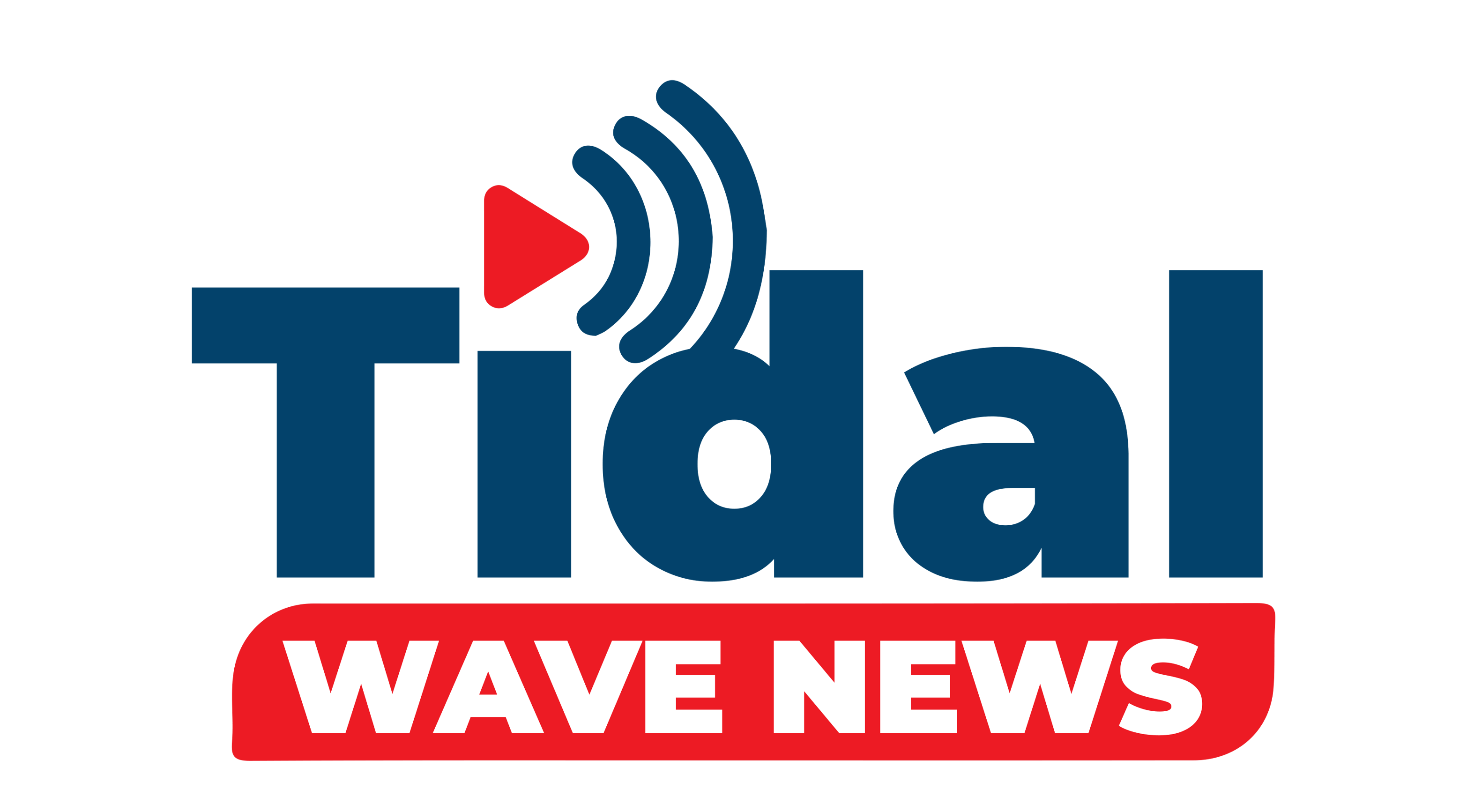
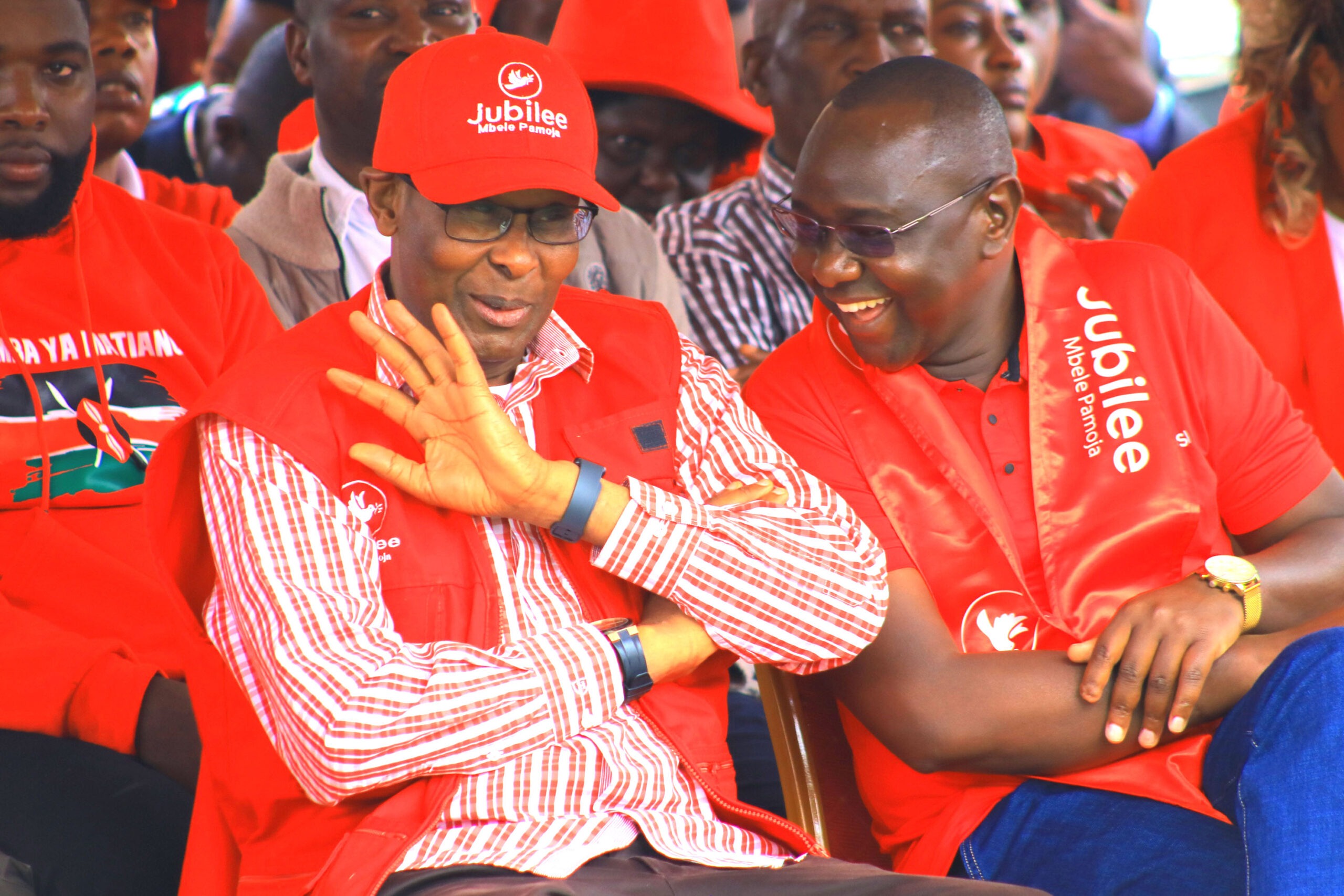
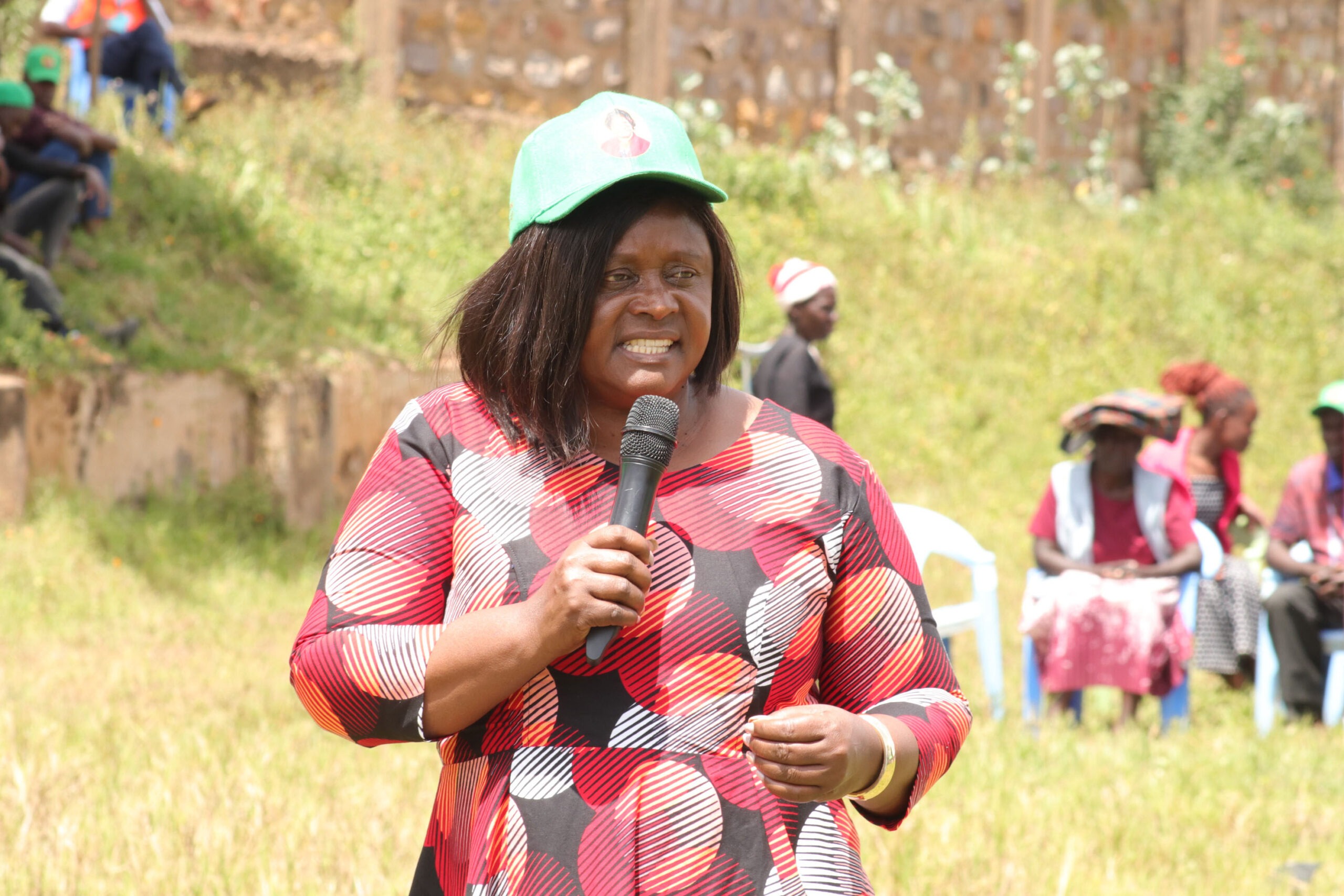
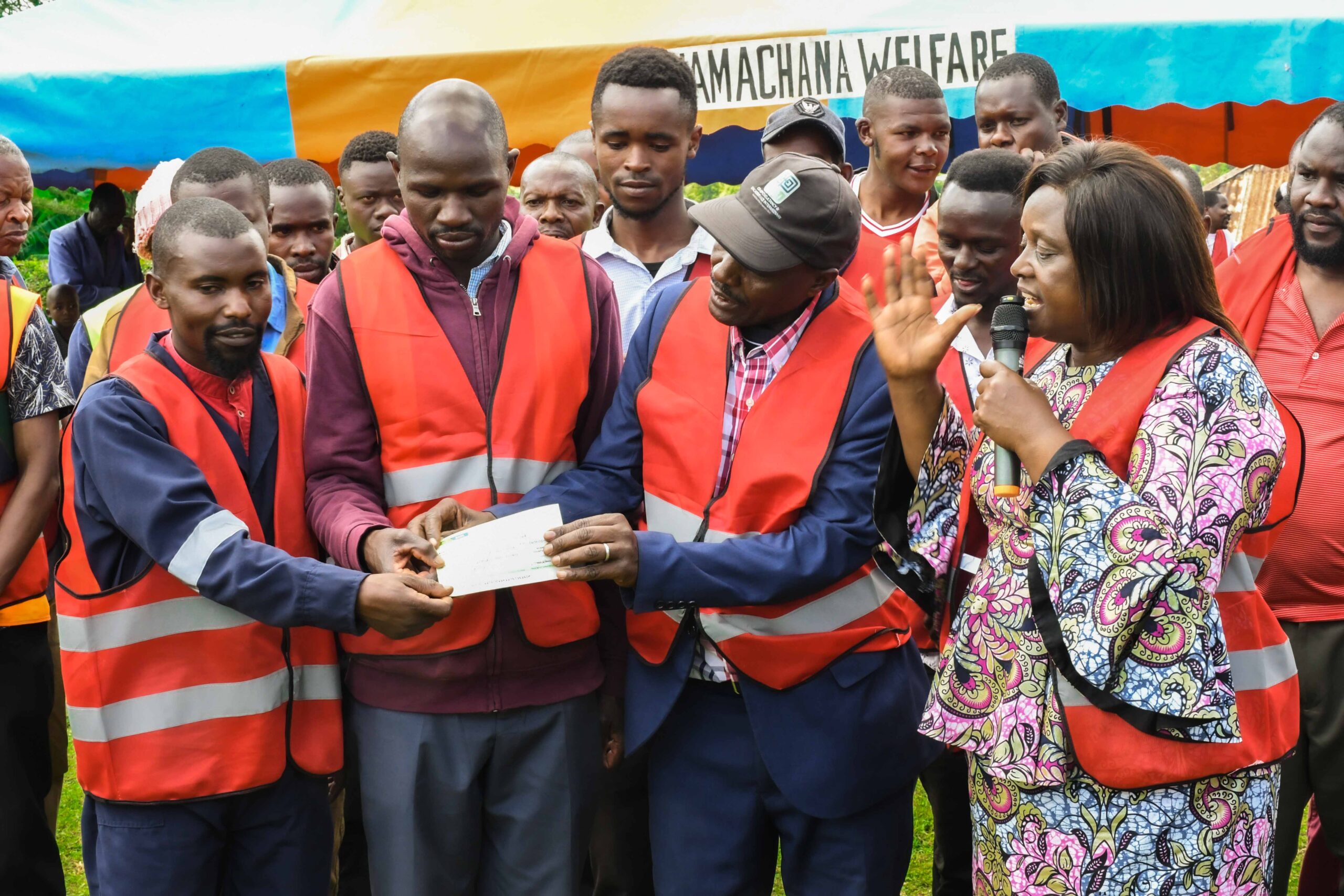
very nice